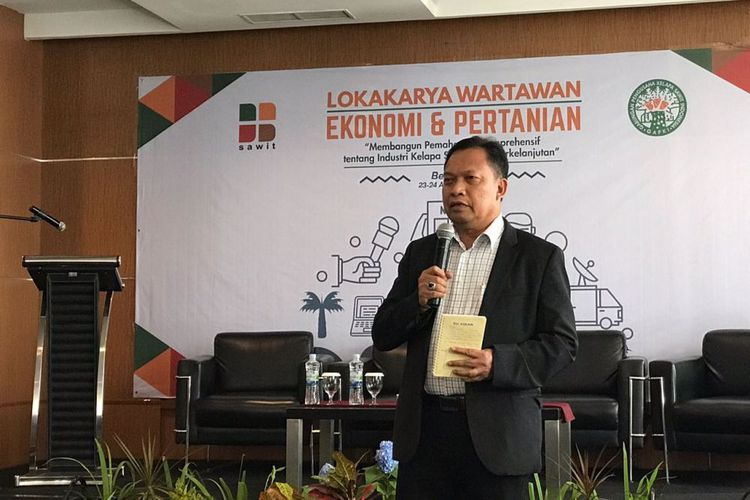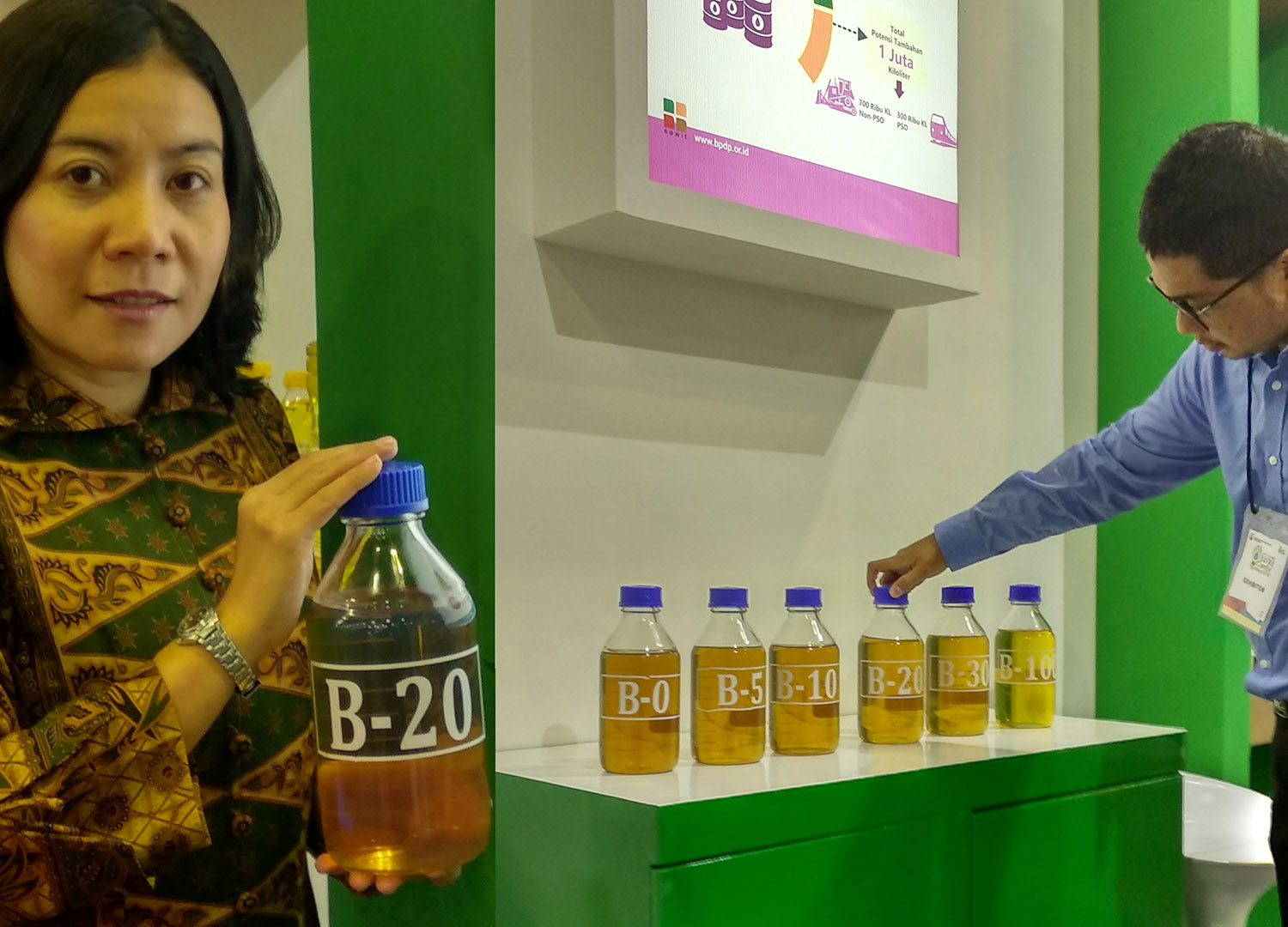Palm Oil Policies Needed to Reduce Trade Deficit
Palm oil and its derivatives export is believed to be able to reduce the trade deficit only if it is fully supported by all stakeholders.

Palm oil and its derivatives export is believed to be able to reduce the trade deficit only if it is fully supported by all stakeholders. One of the needed support is government policies that may open export opportunities.
“The government must not make policy that is counter-productive to palm oil industry. We are also hoping public not to believe what the black campaign says about palm oil,” Chairman of the Indonesian Palm Oil Association (Gapki) Joko Supriyono as he spoke at a palm oil workshop for economic and agriculture journalists in Belitung, Kamis (23/8/2018) as reported by Kompas.com.
At the workshop which was supported by the Indonesian Oil Palm Estate Fund (BPDPKS), Joko also said that Indonesia booked a US$3.09 billion trade deficit in January to July 2018. In this case, palm oil export has to be pushed for better trade balance.
Currently, crude palm oil (CPO) export has earned US$22.9 billion to the country’s foreign exchange reserves. Palm oil industry is also a labor-intensive industry that provides employment opportunities to 6 million people.
Joko also revealed that Indonesia’s palm oil industry has been received black campaigns, especially from European Union based on human rights, deforestation, and environment issues. According to him, European opposition to the palm oil industry was driven more by trade war reasons. “Some believes the negative campaign is a fact. That’s why we need to educate public about palm oil,” Joko said. ***


































